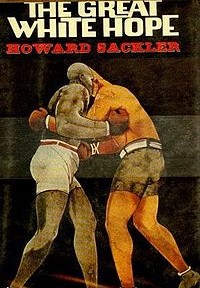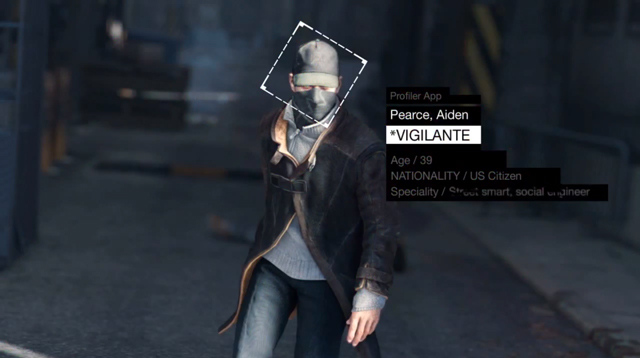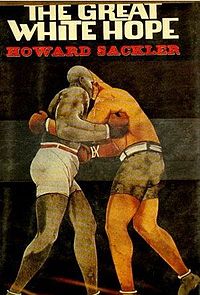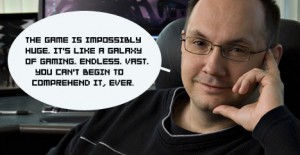Amy Hennig and Jade Raymond are two of the biggest names in modern storytelling. They have been behind some of the biggest original IPs to come out of video games in the last 20 years. So, when they have a talk, you listen.
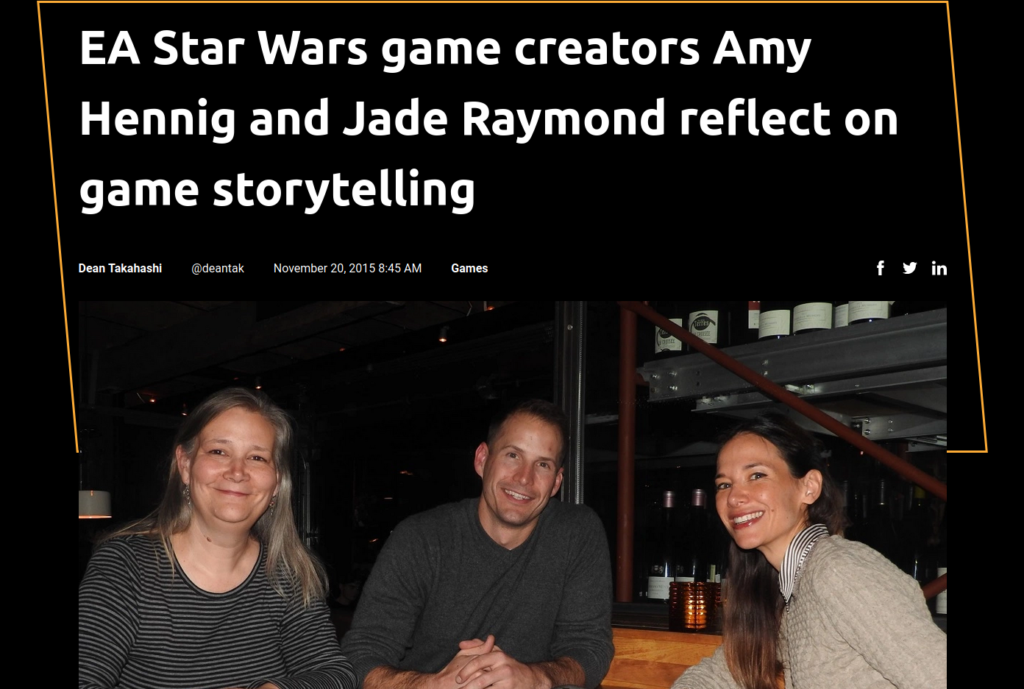
At the time of this Venture Beat interview the two of them were working with EA on Star Wars properties. Both of their projects fizzled out but it is still good to hear what they have to say about Star Wars and about storytelling in games as a whole. Currently Jade Raymond is an executive with Google’s Stadia project. Amy Hennig moved to Skydance Media, a company known for making films. She seems to be helping them develop something using film with an interactive twist.
Hennig says, rightly so, that there is no one-size-fits-all philosophy for storytelling in games. She spend a lot of this interview reinforcing that idea. She brings up games like Journey, Ico, and Shadow of the Colossus as stories that tell a structured story but have a lot of freedom for the player to move around and make their own stories in the quiet moments of the game. These kinds of game also leave the player open for interpretation – the story isn’t being spoon fed to the player. She followed this with a good metaphor that I agree with completely.
One form of interactivity is interpretation. I find poems and lyrics more interactive than a non-fiction book, because I’m actively engaged in interpreting that experience through the collision of metaphor and information. Games are like that. If you lead the player, even at the level of a linear-authored story that allows room for interpretation, it’s already more interactive in some way. The more austere a story is, like Journey, it leaves even more room for a player. But it doesn’t mean that anywhere else on that spectrum of authorship is right or wrong. It’s just a different genre.
I couldn’t agree with this more. I like reading non-fiction stories but there is something about non-fiction that has always felt less interactive than fiction or poetry for me. Hennig makes a great point that in non-fiction the story is told as fact and it happened to that person. The facts are presented and evidence is presented on why the events happened. In poetry and fiction, the same is true but there is imagination that comes in to fill in parts of the narrative. The reader tends to fill in the blanks with their own imagination.
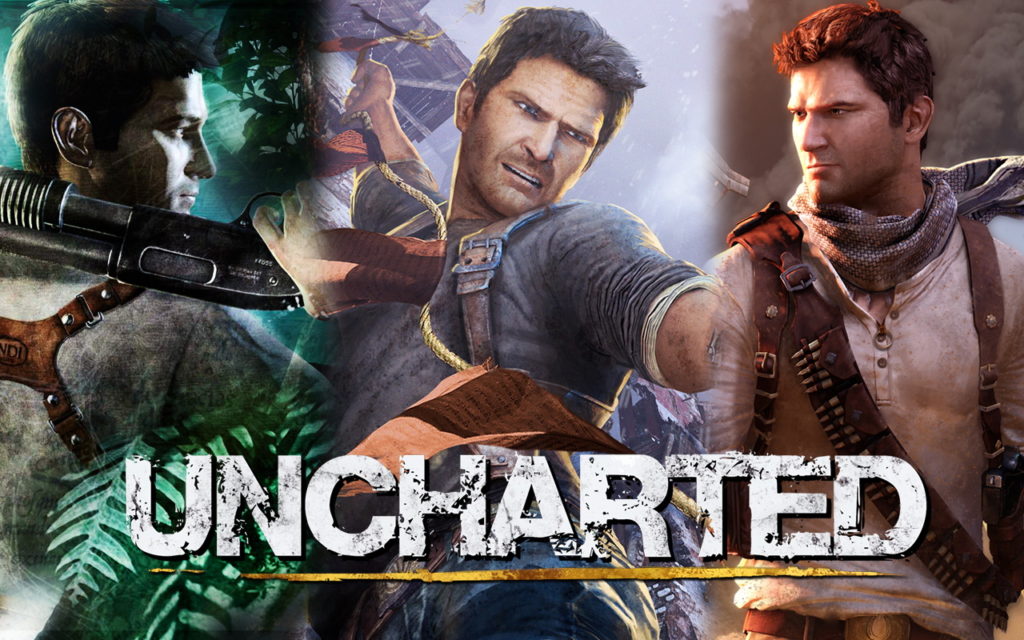
They both agree that genre plays a big part in the storytelling of a game. Uncharted is a pulpy action game so it makes sense that Drake would be a gun slinging bad-boy, much like Indiana Jones. Games like Uncharted, Journey, and Star Wars Jedi: Fallen Order all work because the developers know their genre and keep to it.
The two of them agree that leaving room for interpretation is important as well as a well-crafted story. Raymond mentions that different players want different things. Later Hennig says, “We hear that anecdotally a lot. It’s like what we said – different tastes for different players. Not everybody likes the same movies.” Some want hugely open stories that they can help create themselves and other players don’t – they may feel paralyzed by the openness. They both agree that it’s a fine-line and they are continually trying to find the best way to do it.
I love when creative people have the confidence to say, “Hey, maybe what I made isn’t for you. I’m sorry but I’m also not going to change it to fit your tastes.” Video games have especially become susceptible to this because everything is focus grouped to death which waters down the original artistic intent (see Hideo Kojima for an example where this hasn’t happened).
Hennig brings up the role cinematics play in games and how they should be a treat for the player. Sometimes cinematics are used as a way to show off the graphical power of a game because the gameplay moments don’t look as interesting.
I get just as annoyed as anyone by cinematics if they’re bad. I’m tapping the button trying to get past it too. But if it’s a well-told story and I’m invested in the characters and why they’re doing what they’re doing, I feel like it’s a reward for the work I did to get to that cinematic.
In games like Uncharted or The Last of Us, I’ve always felt rewarded by the cinematics especially after a tricky firefight or something that I’ve beat my head against for a few tries. Once I’ve conquered that part, a well done cinematic experience gives me time to relax and reflect about the story after doing something difficult in game.
One of the best parts of gaming is the water-cooler experience. When you are playing the same game as someone else, unlike a movie or book, a lot of times you are talking about events that happened to your character because of a hundred if-than statements have coalesced and something happens to you that didn’t happen to your friend. In this moment, you are participating in the story. You are changing it and giving it ownership. This is an important part of storytelling that they recognize.
Later in the conversation they talk about the dissonance between the stories told in the cutscenes, where a lot of character building is done, and the action between those cutscenes – usually shooting stuff. This is a problem with Uncharted and Tomb Raider, which they mention in the article. Raymond mentions how hard it is to tackle this issue, “That’s always the dichotomy that I feel like would be easy to fix. But no one’s ever done it very well.” It takes the player out of the story when a good person turns into a killing machine all for the sake of making a standard action game with gun combat. It’s good to know that two of the best storytellers in games are thinking about how to correct this issue.
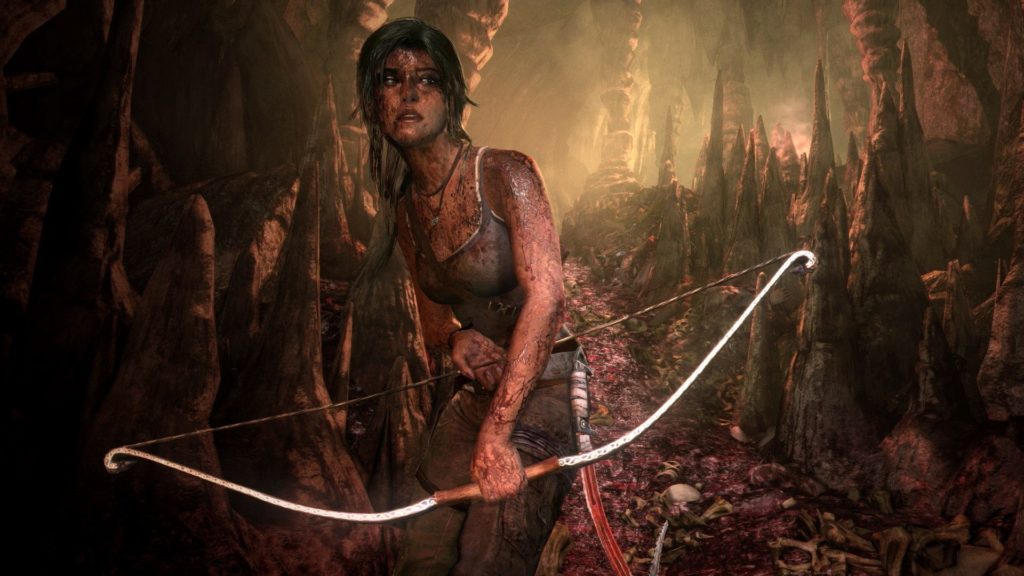
The interviewer brings up The Last of Us as an example where the killing matches the tone of the game. He says it feels like “every single fight is a life and death struggle. It matches.” Hennig agrees and bring it back to what they said about genre and how genre is important in these decisions. She points out that there isn’t really a good answer right now but it’s something that they, as creators, are aware of and want to try and improve upon. I’m glad to hear that there are creators that aren’t satisfied with the status-quo. It’s good to know that they want to get to the point where we can enjoy a game like Tomb Raider or Uncharted and not feel like a mass murderer after the credits roll.
Raymond has an interesting anecdote about her time working on The Sims. She mentions that when she was at EA working on that game, the team did a lot of research into how players where playing the game and why they were making those choices. She mentions that some people were playing the game to “role-play American life and American values.” I find this interesting but it makes sense to me. America is definitely the dominant culture in games and I haven’t thought much about how that is seen by non-American players. Of course, I know that there is a lot of discussion about the need for more variety in the stories told in gaming. I love watching foreign TV and films because it gives me a glimpse into being a part of a different culture. It is important to see media from one’s own culture but it is also important to feel like an outsider sometimes as well.
At the end of the article, the talk moves to the Star Wars projects. Hennig does most of the talking during this part and Raymond is quiet throughout. Hennig talks about enjoying the constraints of working in another person’s playground. The universe of Star Wars is huge but there is a lot of room to move around. She is a huge fan of Star Wars and she seems excited to make something unique within that world. She mentions that writing on a blank slate can be paralyzing at times and that writing a story within the Star Wars framework is exciting. She pushes back on the idea that working with Disney, the Star Wars people, and EA is like having too many people in the kitchen. It seems like she enjoys that kind of collaboration and we can see that with her new role in Hollywood she moved even farther toward that kind of work.
I found this interview very interesting as a writer and as a person interested in storytelling in general. I have always loved video games and have always believed myself to be more interested in the stories of the games than the actual gameplay. It’s great to hear two of the principal creative minds in the industry talk about what they do and how much hope they have for the genre going forward.
